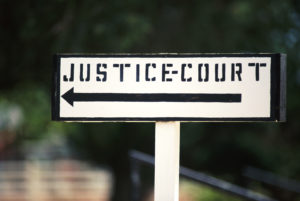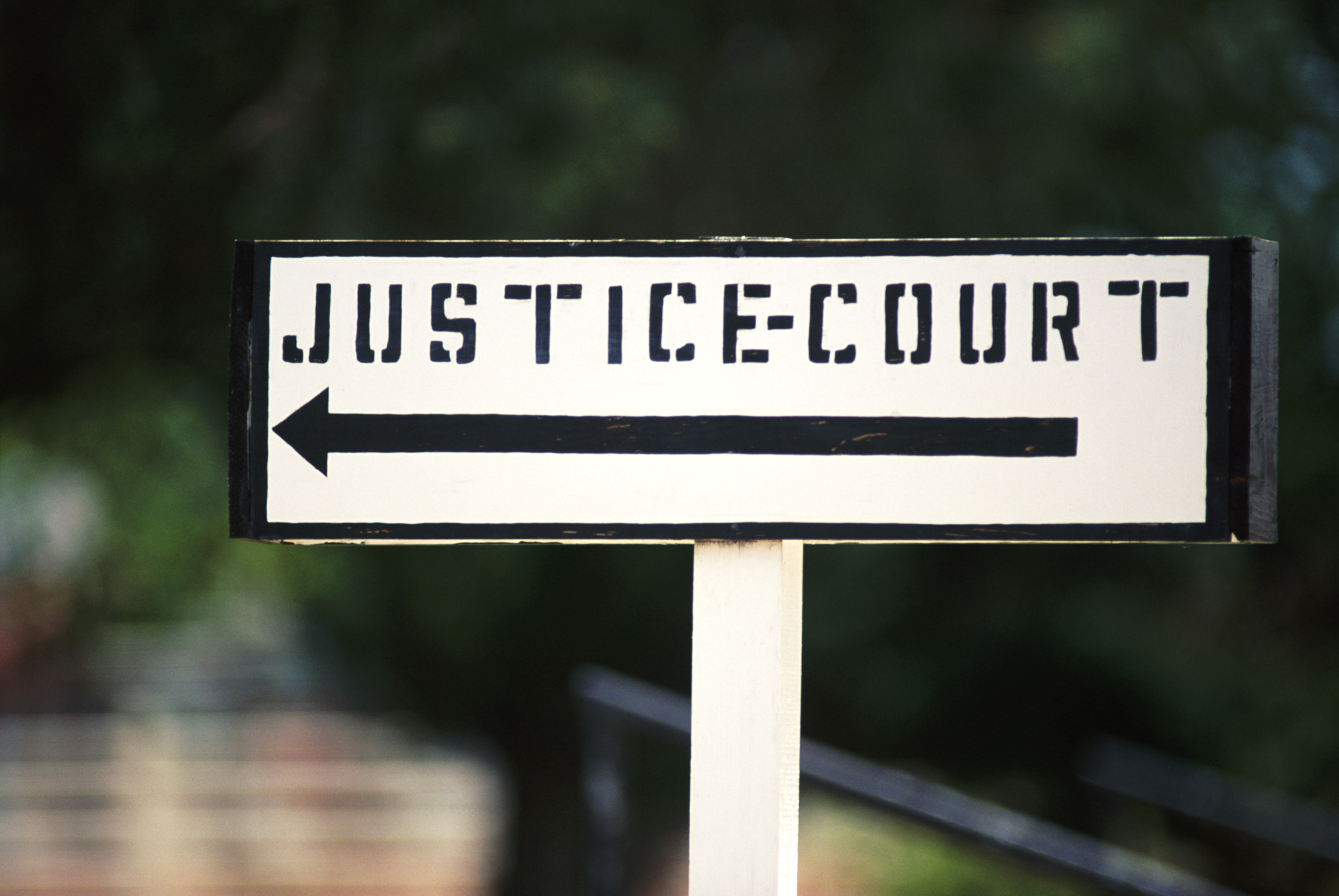
Your Right Against Self-Incrimination
In a criminal trial, both the prosecution and the defense have the ability to force witnesses to appear and testify through the subpoena powers of the court. The defendant, however, cannot be forced to testify. The 5th Amendment to the U.S. Constitution grants an accused the right against self-incrimination, stating as follows:
“No person shall be held to answer for a capital, or otherwise infamous crime, unless on a presentment or indictment of a Grand Jury, except in cases arising in the land or naval forces, or in the Militia, when in actual service in time of War or public danger; nor shall any person be subject for the same offence to be twice put in jeopardy of life or limb; nor shall be compelled in any criminal case to be a witness against himself, nor be deprived of life, liberty, or property, without due process of law; nor shall private property be taken for public use, without just compensation.” (Emphasis added)
Most people are familiar with the right against self-incrimination as just about every television series or movie based on the U.S. criminal justice system has someone assert the “5th” at some point. As a defendant, your rights are yours to assert, or to waive, though. Therefore, it usually comes down to a question of strategy whether or not a defendant should take the stand in his/her defense.
To Testify, or Not to Testify…That Is the Question
Whether you should testify at your own trial is a decision that should only be made after consulting with an experienced criminal defense attorney because of the numerous and varied factors that typically must be considered when making that decision. The most common reason to put a defendant on the stand is simply that a jury wants to hear from the defendant. Despite the admonition from the judge that a defendant’s silence cannot be construed as guilt, some jurors will subconsciously see it that way. Another reason boils down to necessity. Sometimes, there is part of the defense strategy that simply cannot be explained by anyone but the defendant – though most defense attorneys will consider their client testifying as a method of last resort by which to get the information in front of the jury. By far, the number one reason most defense attorneys prefer to keep their clients off the stand is that once a client takes the stand and testifies, the prosecuting attorney gets an opportunity to cross-examine the defendant. The prosecutor does this every day and is likely very good at getting a witness to say something damaging or to exhibit strong emotions that are not flattering. An effective cross-examination can completely demolish any benefit that might have been gained by the defendant’s direct testimony. The other important reason to keep a client off the stand is to prevent perjury. A criminal defense attorney cannot knowingly suborn perjury. For example, if a client has outright admitted guilt to his/her attorney, the attorney cannot then put the client on the stand and allow him/her to claim innocence.
Contact a Criminal Defense Attorney
If you have additional questions or concerns about a trial in the State of Tennessee, it is in your best interest to consult with an experienced criminal defense attorney as soon as possible. Contact the team at Bennett, Michael & Hornsby today by calling 615-898-1560 to schedule your appointment.
- The Art of Successful Co-Parenting During Divorce - April 19, 2024
- Elder Financial Exploitation: How to Protect Seniors - April 12, 2024
- How to Obtain Guardianship of a Minor in Tennessee - April 2, 2024




